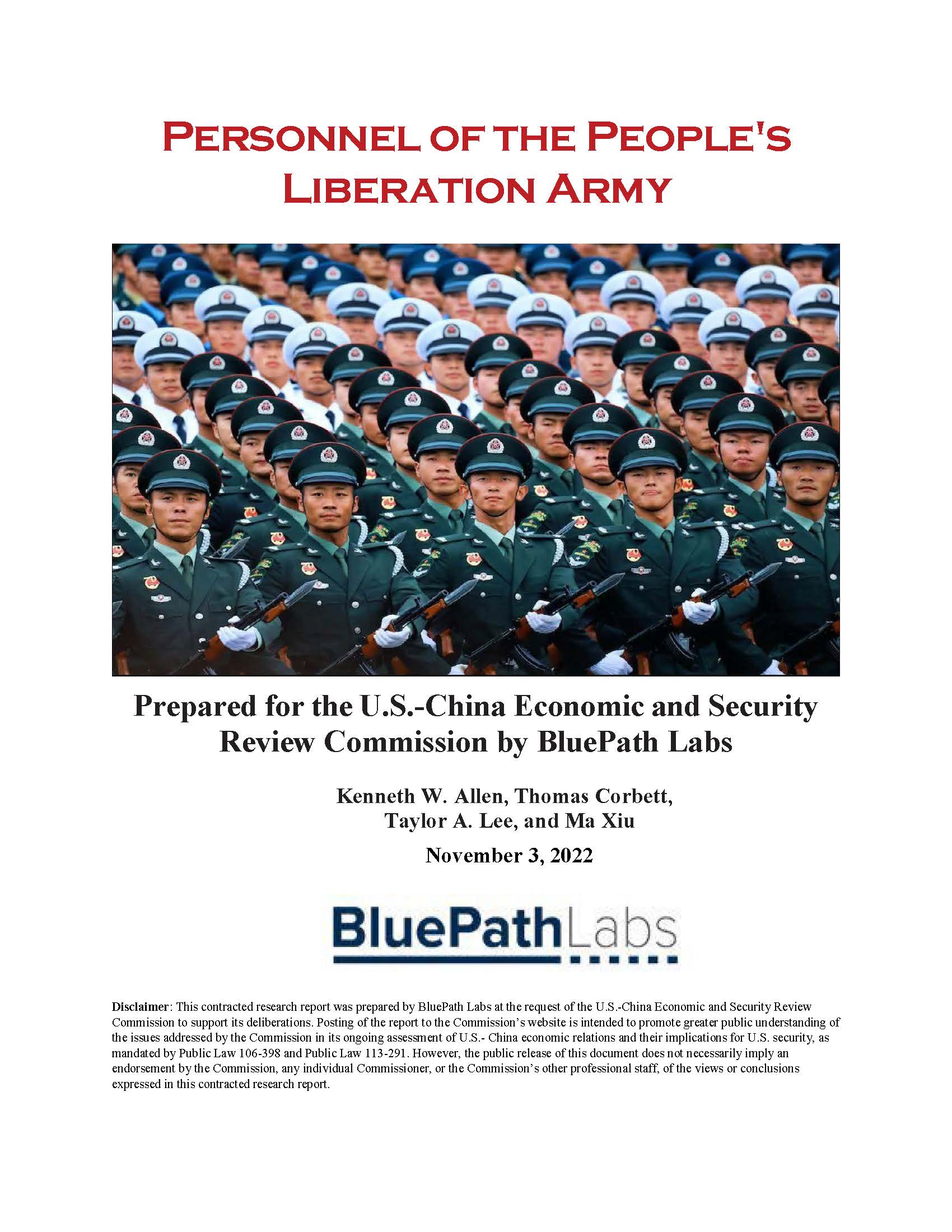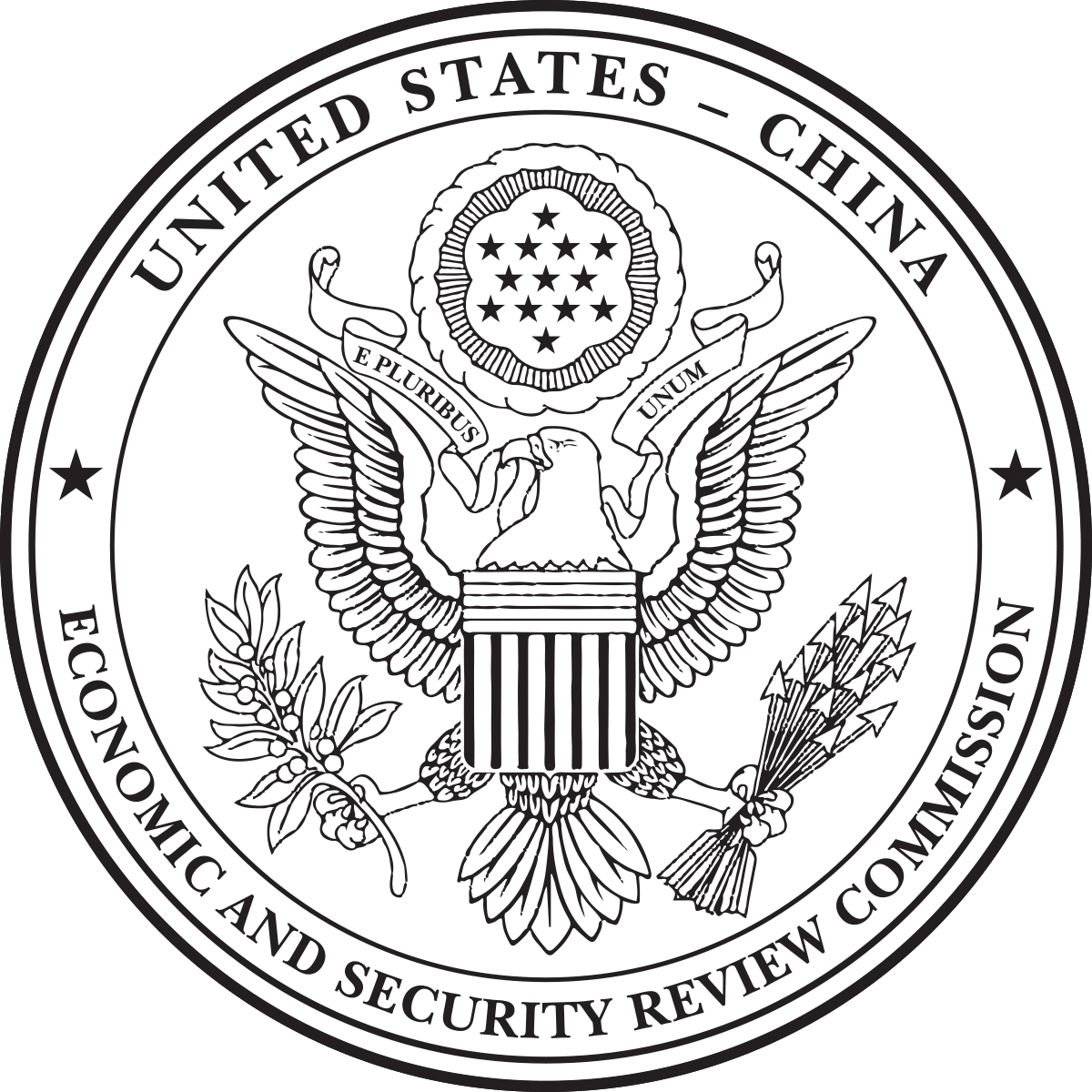
This report, prepared for the Commission by BluePath Labs, examines the people behind the People’s Liberation Army (PLA) and the force’s ongoing efforts to address the Chinese leadership’s longstanding concerns about the competence of its personnel. Topics surveyed include the challenges the PLA faces in improving personnel quality; the force’s recruitment and retention efforts; the expertise, educational, and socioeconomic backgrounds of PLA personnel; the force’s use of both conscription and voluntary recruitment; morale; combat readiness; and the role of politics in the PLA.
Key Findings:
- Xi Jinping has had continued doubts about personnel competence and loyalty since becoming the Chairman of the Central Military Commission in 2012, and thus has focused on both force modernization and Party loyalty. Despite this emphasis, many commanders are still judged as incapable of properly assessing situations, making operational decisions, deploying forces, or leading forces in a modern, joint, informationized war.
- The PLA remains concerned about improving political officers’ operational knowledge, seeking to make political officers an asset rather than a liability in the command tent. Political officers and Party Committees within the PLA are emphasized as the key conduit for ensuring Party control and often play a key role in unit affairs, including in personnel issues and day-to-day training and operations. They often struggle to play a productive role in the latter, however.
- The PLA has emphasized recruitment of college-educated and more technically proficient personnel at all levels since 2009. It has succeeded in recruiting more educated personnel, though it continues to face serious challenges with retention and proper utilization of talent.
- The PLA has also worked to improve the professionalism of its non-commissioned officer (NCO) corps through a range of new initiatives, with the goal of increasing NCO responsibilities and allowing NCOs to take over billets previously held by junior officers.
- Significant changes have been made to improve training and standardize bases and academic institutions, while basic training times have nearly doubled. Most significantly, in 2020 the PLA shifted from a single conscription cycle per year to two cycles per year, with the aim of eliminating uneven levels of unit combat-readiness at certain times of the year.
- While progress has been uneven, the sum of these initiatives is likely to produce a PLA that is more educated, professionalized, and technically proficient in the coming years.
